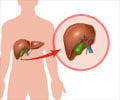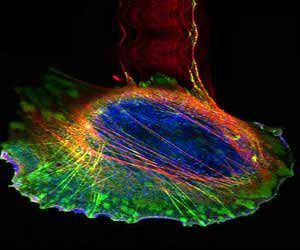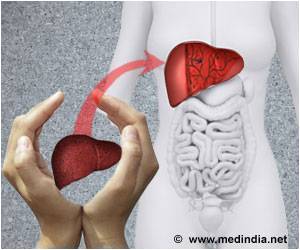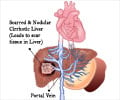An anti-rejection drug called Everolimus can reduce weight gain for up to two years in a liver transplant patient and has advantages over Tacrolimus.
- Anti-rejection drugs are prescribed after transplantation to prevent the immune system from attacking and destroying the transplanted organ.
- Commonly prescribed anti-rejection drugs may lead to weight gain, thereby increasing the risk of serious complications.
- A study has found that a anti-rejection drug called Everolimus may prevent weight gain after transplantation and reduce complications.
Patients who undergo liver transplant experience weight gain, which can consequently lead to serious complications such as cardiovascular events, and post-transplant metabolic syndromes such as diabetes, obesity, high blood pressure and hyperlipidemia.
Anti-rejection Medications
Patients who undergo a transplant must take anti-rejection drugs so that their immune systems do not attack and destroy the transplanted organ. Tacrolimus is an anti-rejection drug routinely prescribed post transplant. Studies have shown that Tacrolimus can affect the kidneys and cause weight gain, which heightens the risk of serious complications.
Comparison between Two Anti-rejection Medications
Previously conducted studies have shown that Everolimus prevented weight gain in fruit flies and other animals. So an experimental study was conducted on human subjects to check whether the effects were the same.
- The first group had 243 patients who received Everolimus and a reduced dose of Tacrolimus
- The second group served as a control group that had 243 patients who received the usual dose of Tacrolimus
- The third group had 231 patients who were prescribed only Everolimus to suppress their immune systems
"Everolimus did have less impact on kidney function, and the Food and Drug Administration approved the drug based on that finding for use in liver transplant patients," said Dr Michael M. Charlton, researcher and clinician at the Intermountain Medical Center Center Transplant Program, and the study's lead author.
Organ rejection used to be the primary cause of death after transplantation. But now, the common cause of death following liver transplantation is related to kidney function, cardiovascular events and cancers. Cardiovascular disease, cancers and kidney damage are driven by weight gain, according to Dr. Charlton.
One of the reasons that people need liver transplant today is the weight-related liver failure. "Since nearly everyone who receives a liver transplant gains weight after the surgery, this could be an easy way to avoid or limit the need for a transplant," said Dr, Charlton.
Reference:
- Everolimus in liver transplantation - (https://www.ncbi.nlm.nih.gov/pubmed/25254569)
















